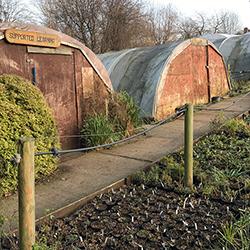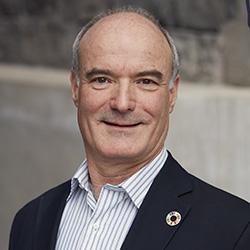
SKILLs
Sweden–Kenya Interactive Learning Labs
SKILLs is a collaboration programme between two of Mistra Urban Futures’ platforms in Gothenburg, Sweden and Kisumu, Kenya aiming toward sustainable urban development. SKILLs is an overarching structure for facilitation of several projects and activities, including research, subjects, stakeholders and collaborations between the two cities. The current phase of SKILLs (2018–2019) is a consolidation and wrap-up phase with focus on scientific outputs, assembling experiences, accumulating learnt skills and ideas and extracting knowledge from projects and activities that have been going on to date.
SKILLs began in September 2012 with the parallel introduction of new PhD students within the themes Market places and Ecotourism, at JOOUST University, Maseno University and Gothenburg University. A core team within each theme was formed (three Swedish and four Kenyan PhD students). The aim was to create an environment of collaboration and exchange between the students as well as teachers, supervisors and between the universities. Since the inception of this collaboration, many of the PhD students have completed their dissertations. Today, SKILLs is slowly being transformed into not only an exchange within the PhDs but also research projects between the two platforms.
Based on previous objectives and with the character of a wrap-up phase in mind, the objectives of SKILLs during 2018–2019 are to:
- Strengthen the existing cross-national, continuous collaboration and exchange within cross/transdisciplinary research, co-production of knowledge and learning in the making between Gothenburg and Kisumu, sometimes working with their respective regional and national networks.
- Support formulation and dissemination of knowledge, experiences, results and lessons learned based on previous projects and activities within the collaboration,
- Explore opportunities for continued facilitation of international exchange of post-graduate students/faculty, private sector and practitioners between the two platforms in furtherance of sustainable urban development.
Planned activities within SKILLs fall into four principal tracks:
A. Extracting and disseminating knowledge from the activities that have been carried out until now. The output involves mainly scientific articles but also policy briefs, reports, conference presentations, interventions, product prototypes and development, and the like.
B. Assessing ongoing substantial research projects and activities that are possible to build on further. Could produce both academic and practical outputs and outcomes.
C. Investigating possibilities to link ongoing practical activities to SKILLs, e.g. Urban Rural Gothenburg and Eco-tourism, handicrafts and technology development at Dunga Beach (Kisumu). The outcomes are mainly practical, but educational connections might also be possible by linking research to the educational ladder (e.g. to Reality Studio at Chalmers)
D. Arranging seminars in Kisumu for postgraduate students at the local LIP to support research methodology.
SKILLs is run by a Steering Committee, composed of The Centre Director, The Kisumu Platform Director, The Gothenburg Director and The Deputy Scientific Director, who in collaboration with the coordinator and the advisor take part in strategic discussions and take strategic decisions concerning SKILLs.
Sub-projects within SKILLs
- Exploring the role of Gender within labour market Integration through North–South collaboration
- Comparative analysis of pursuing transport justice and its role in realising just cities: A North–South perspective
- Comparative project of migration and urban development
Photo: Photo by Joanna Kosinska on Unsplash






